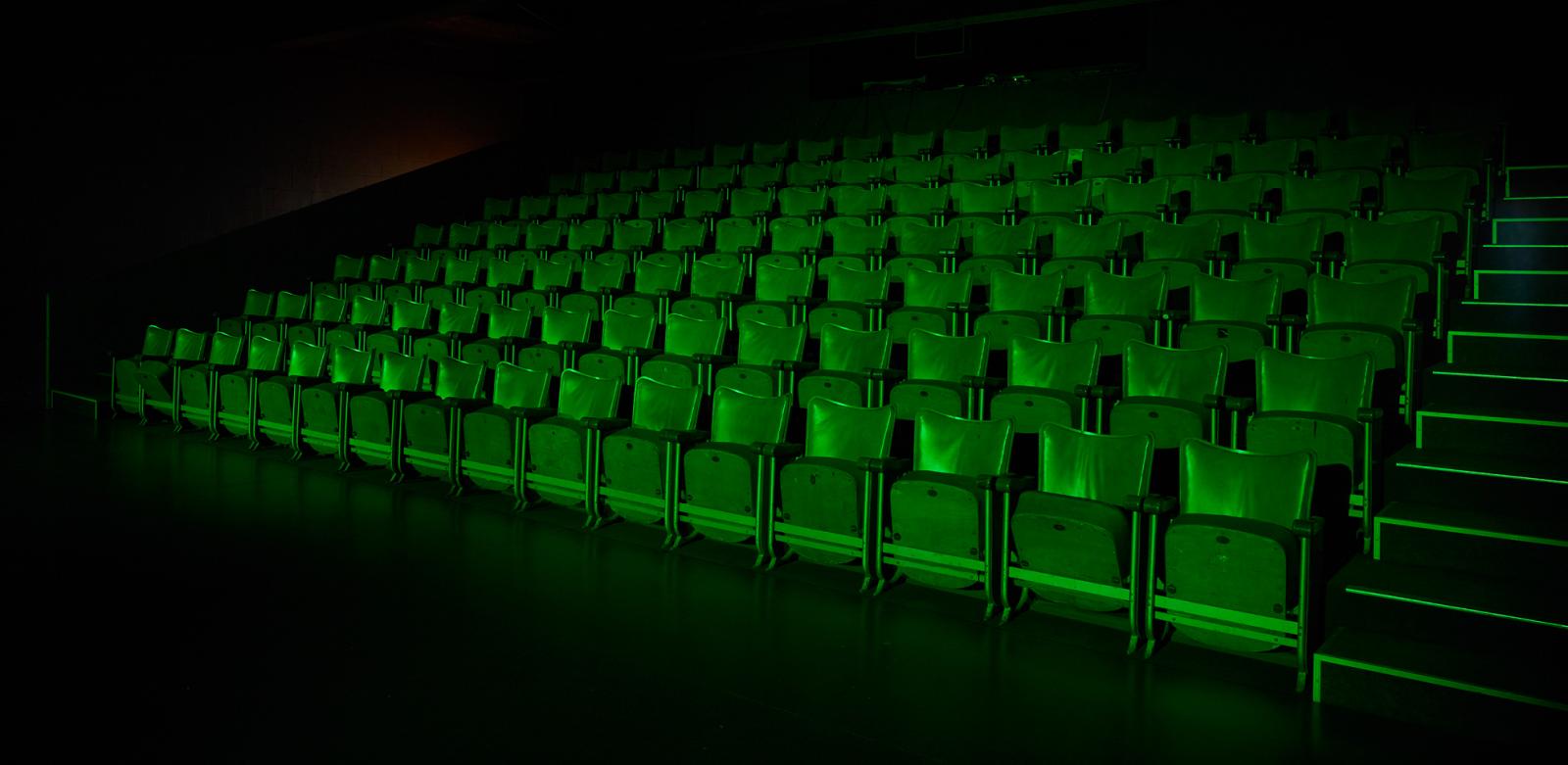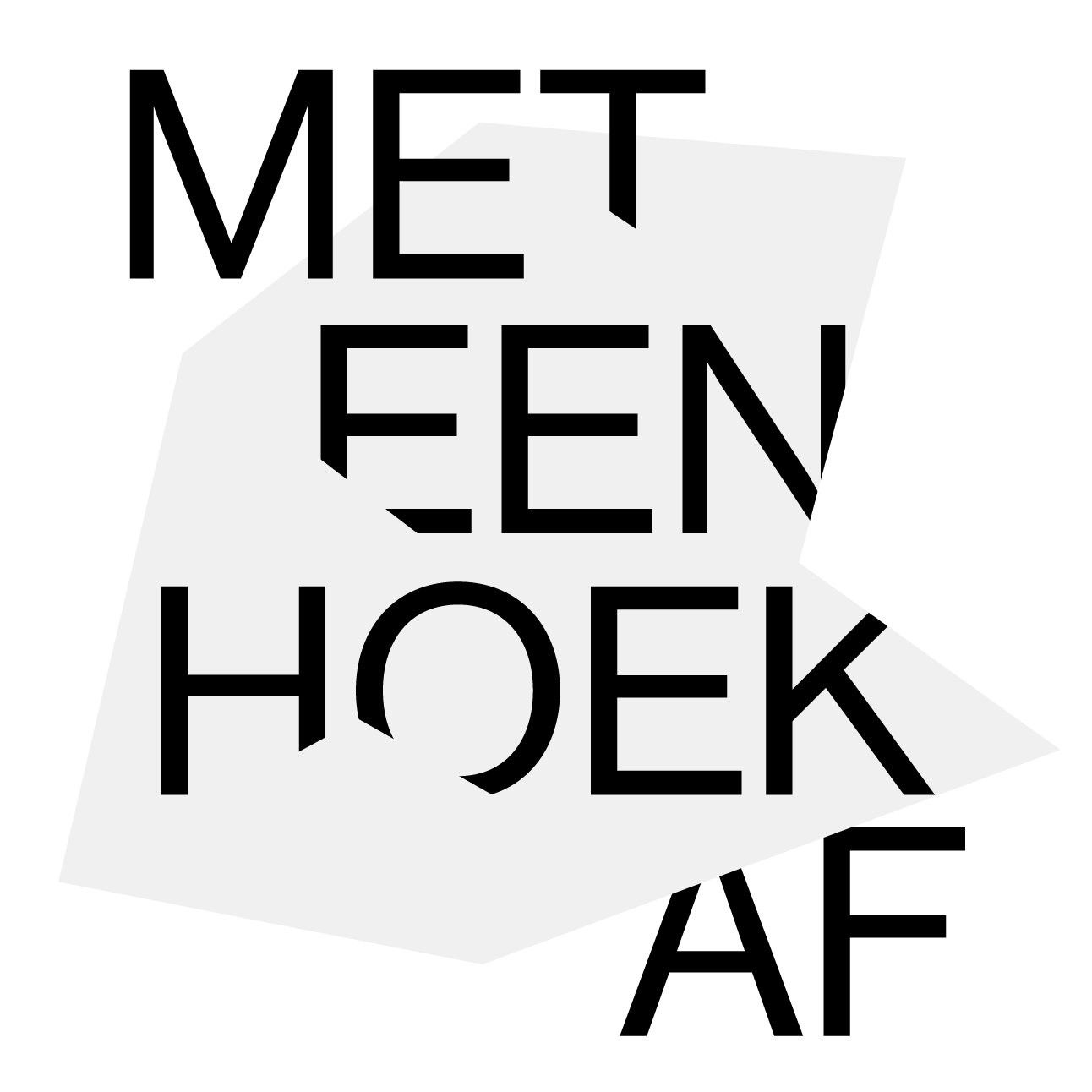Curated by Titus Nouwens
“For millennia humans used stories to transform their surroundings according to their needs. Alongside evolving bodies and technologies, stories evolved at an ever-faster pace, to a point where each new day required a new narrative, a new mouth, and a new technology to tell it.” – The Book of Flowers, Agnieszka Polska
A voice weaves through a collection of images; somewhere between memory and imagination a story emerges. For this edition of Prelude, artists Pedro Barateiro and Agnieszka Polska bring their video work to the theatre – and with it their worlds, their language, their ways of seeing and thinking. The World As You Know It is an evening on the frontier between what we know and what we can imagine, between personal and collective memories, between fiction and reality. The evening is part of Prelude: a series of live programmes focusing on the interplay between performance, moving image and collective experience, with the theatre acting as a space for time-based visual art.
Pedro Barateiro's Love Song (2024) is a film-performance full of echoes: of his teenage years, of encyclopaedias and the internet, of letters between his parents during Portuguese fascism. And of a love song that played on the radio one night in 1974, starting the Carnation Revolution – a shift from authoritarianism towards democracy. The film moves between the personal and the political, between poetry and protest, technology and tenderness, autobiography and autofiction. Between a painting made at the height of German Romanticism, a time of industrialisation, and the artificial Love Lake in a Dubai desert, Barateiro asks the question: how deep is neoliberalism embedded in our imagination? And how is the word “love” used, misused, and appropriated?
During this evening, Love Song will be accompanied live by artist Lou Vives (voice/performance) and musician Frederik Daelemans (cello/electronics).
Agnieszka Polska approaches language as fundamentally shaping and defining both our communication and our imagination. In Watery Rhymes (2014), language is driven by the same forces and rules as physics, representing the universe as a space that exists only insofar as it can be described in words. Her more recent film The Book of Flowers (2023) depicts an alternative evolution in which humans and plants live in symbiosis for centuries. A voice from another world narrates this history with such obvious authority that it slowly settles into our own frame of reference. The video ends with the question: ‘what if, at some point, human technology is able to tell our story better than we can?’
Perhaps that is the core of Barateiro and Polska's work: that stories become real once we take them seriously. Together, they bring imaginative voices that use language and narrative not to describe the world, but to rethink it – with images, with words, with each other.
About Prelude
Prelude is a series of live events emphasising the interrelations and influences between moving image and performance, and between visual artists of distinct generations. The concept is inspired by musical preludes, originally intended for musicians to tune their instruments before a concert, and show off their virtuosity for incoming audience members.
Prelude invites artists and audiences to 'attune to one another' and consider the theatre as a site for time-based visual art. In contrast to the individual viewing experience of the exhibition format, Prelude emphasises the audience’ collective presence and the theatre’s physical space as integral to the experience of the work.
The name Prelude suggests an opening to something new, something that is to come. Through encouraging collaboration and providing support, Prelude promotes new avenues for the invited artists and fosters new perspectives on their work.
The first series draws on diverse narrations of past, present and future, through themes of language and the body, power and imagination, beauty and interconnectivity. Starting with a collaborative work by Billy Morgan and Sands Murray-Wassink at Perdu in May, the series continues with re-activations of works by Pedro Barateiro and Agnieszka Polska at de Brakke Grond in June.
Prelude is an initiative by curator Titus Nouwens, with visual identity by Edoardo Ferrari. The series is supported by Perdu, de Brakke Grond and Amsterdam Fonds voor de Kunst.
About the artists
Pedro Barateiro (1979, Almada) is an artist based in Lisbon. He works with sculpture, film, performance, writing and drawing. Barateiro explores how what happens around us is influenced by fictional narratives, and how these narratives shape our perception and can be used as a strategy for social and personal reflection. His work has been shown among others at P///AKT in Amsterdam; NW, Open Huis voor Hedendaagse Kunst en Film in Aalst; M HKA in Antwerp; Kunsthalle Lissabon and Galeria Filomena Soares in Lisbon; Batalha Centro de Cinema in Porto; Kunsthalle Basel; and the biennials of Berlin, Havana, São Paulo, Sharjah and Sydney.
Agnieszka Polska (b. 1985, Lublin) is a video artist based in Berlin. Polska translates the ethical and social challenges of our time into immersive, meditative films and installations, using cinematic narratives and affective technologies to address the ongoing negotiation between humans and technology. Polska's films make us reflect on language, history and science and activate a critical awareness of our social and individual responsibility in a ‘post-truth world’. Her work has been shown at the New Museum and MoMA in New York; Centre Pompidou and Palais de Tokyo in Paris; Tate Modern in London; Hamburger Bahnhof in Berlin; and M HKA in Antwerp. She also participated in the biennials of Gwangju, Istanbul, Shanghai, Sydney and Venice. In 2018, Polska received the German Preis der Nationalgalerie. Polska was a resident at Rijksakademie in 2014-2015.
Lou Vives (b. 1999, Lisbon) is an Amsterdam-based artist with a performance practice in which repetition functions as a form of translation. These performances use the codes of music to reflect on transience and resilience as tools to move through contemporary life. Vives' work is an attempt at remembering - a process the artist describes as ’recognising that my life was lived by many people.’ Vives' work has been shown at Kunsthalle Lissabon and Galeria Zé dos Bois in Lisbon; La Casa Encendida and Matadero in Madrid; Woonhuis de Ateliers and Perdu (Voice as Landscape) in Amsterdam. Vives publishes in the Netherlands-based art criticism platform Tangents.
Frederik Daelemans (2001, Duffel) is a musician-producer based in Brussels, trained as a classical cellist. He is known for his dynamic contributions both live and in the studio with acclaimed artists such as Tamino, Beirut and Meskerem Mees. In addition, Daelemans is also on stage with his own musical project, the experimental band Cesar Quinn. He is now embarking on a new solo venture, mixing his vocals with the atmospheric sounds of his cello, enhanced by effects pedals. Daelemans has also collaborated with several artists as a record producer and songwriter.



